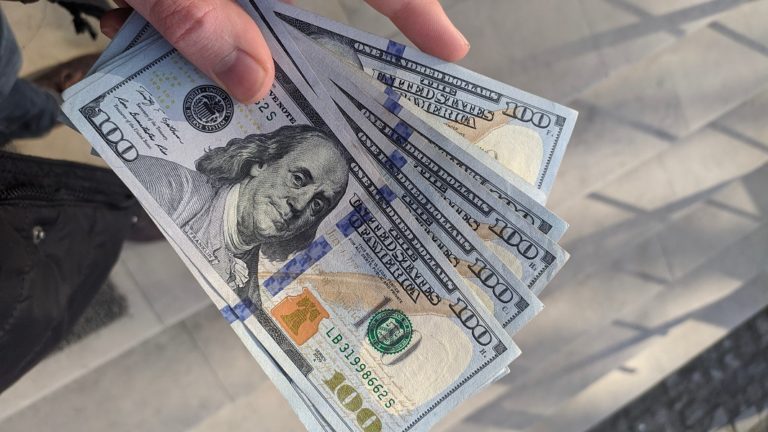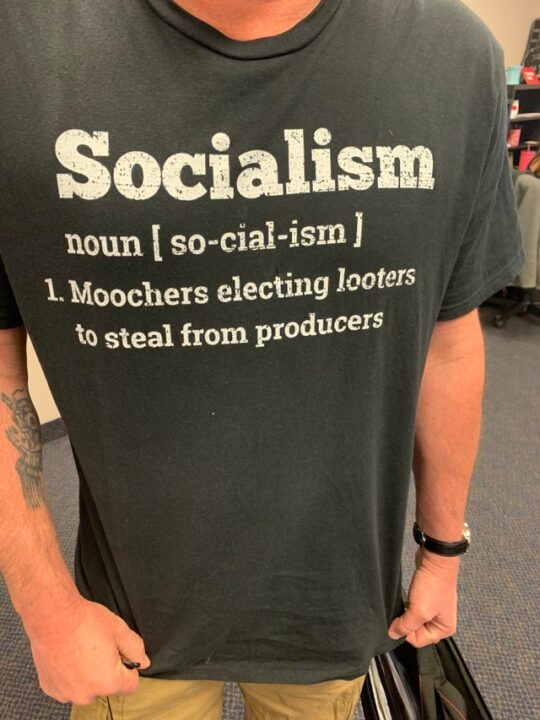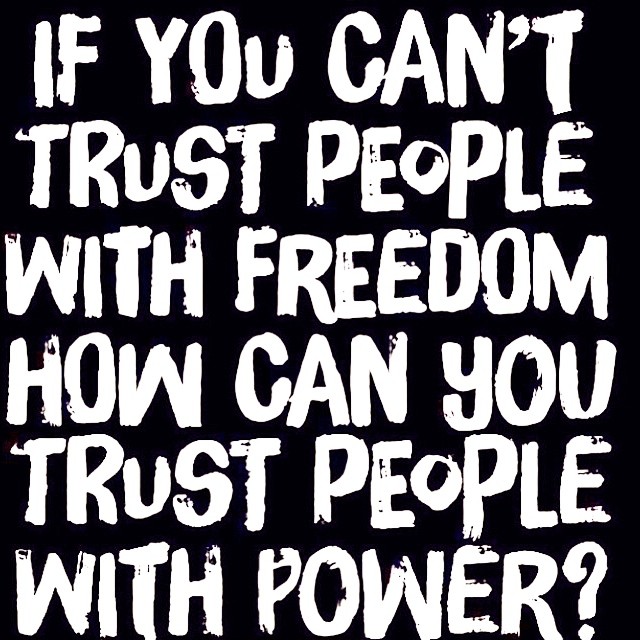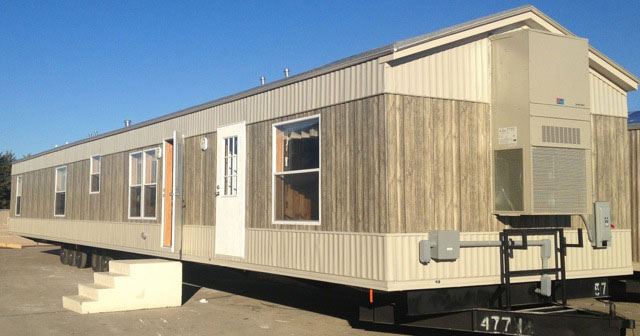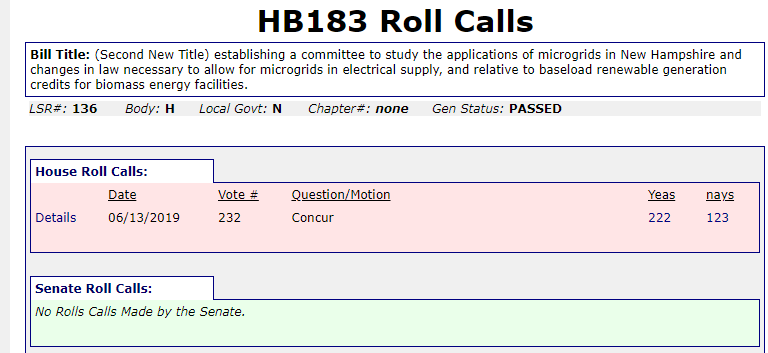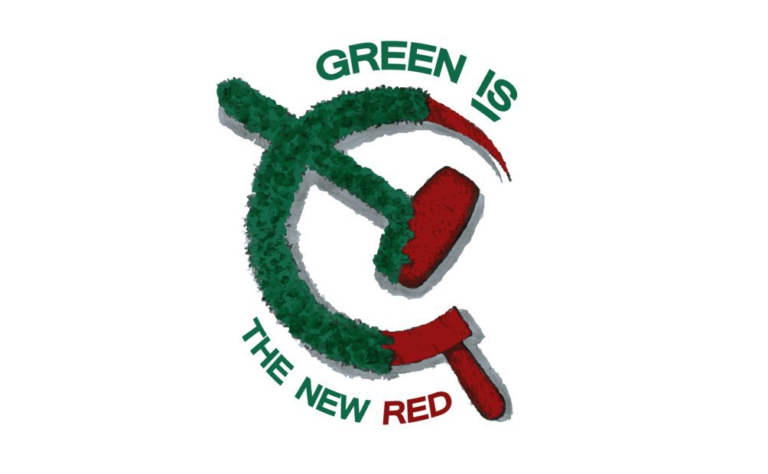History has shown that voluntary economic trade between individuals, without the “guiding” Hand of the Government, has lifted billions out of poverty and onto the road of a higher standard of living at lower costs and higher quality compared to when markets were controlled by others and such decisions were made beforehand.
Free Marketplace
“Maximum Facts About the Minimum Wage”
I’m against a Government-mandated minimum wage. The agreement between two people about the remuneration for one’s talents and time and that of the person paying that remuneration should remain between those two people.
Are You Part of the Top 1%?
Inspired by Skip’s recent Notable Quote post from Café Hayek, I got to thinking about the basic differences between a free market economic system and socialism.
Notable Quote – for both Bruce Currie and Jeanne Dietsch
The Left is smitten, even in love with the word “greed,” but always directed toward Capitalists. They use it to smear the true meaning behind capitalism, which is in the service of others. If a Capitalist isn’t serving someone else’s needs, he isn’t going to sell products and will go broke.
Great – Here comes the Biomass Plant of the NH Healthcare Industry Begging for Political Protection
Y’all know how I feel about Government picking winners and losers. It should butt out. And if a company has placed itself in the loser category by mismanagement (with my only caveat being it is vital to a military or Constitutional mandate), let it BE a loser and disappear into History’s dust bin.
Affordable Housing?
by NH State Rep Mike Sylvia |
We hear a lot lately about the need for affordable housing. Depending upon the context and the perspective, affordable housing can mean different things to different people.
Gov Sununu votes for the Free Market, NH State Senators Guida and Starr – Not so Much
In essence, that’s what both Bob Guida and David Starr are saying in this report on HB183. Yet they are claiming that they are Republicans in affiliation – and holding the second-highest elected office in NH (being State Senators).
Tales from the BudComm: Free Marketplace Part 3
Previous posts on the tale of the WinniWagon here and here – the saga(s) of why my hamlet’s “transient food vendor” licenses are, to plaigerize Jimmy McMillan, are “too damn high”. Well, it seems that in looking into the costs of a food truck made more than a few people rather uncomfortable – there’s been … Read more
Tales from the BudComm: where either the Selectmen or the Town Administrator aren’t hep with a Free Marketplace
“Actually, the town has MADE it their issue.“ Tonite was the organizational meeting for the Budget Committee – and the last year of my last term per my promise to TMEW (The Most Esteemed Wife). Pretty much a time to quickly review the minutes of the last meeting, vote for Chair and Vice-Chair, and sign … Read more
DISQUS Doodlings: “If we want to make better decisions or do things in our society’s self-interest, we need to be tricked into doing them”
Yeah, Treehugger time again: “Environmentalists aren’t voting. This plan could help”. Environmentalists are shockingly bad at voting. During the 2014 midterm, only 21 percent of environmentalist registered voters actually voted, compared to 44 percent of general registered voters. Environmental problems are, by their very “nature,” large-scale problems that require large-scale solutions. That’s why voting is so important — the government … Read more
In New Hampshire, you pay more for electricity thanks to legislators
BY ANDREW CLINE (reformatted, emphasis mine – Skip)
 In a market, consumers have numerous opportunities to pay more for products or services they value, even if lower-cost alternatives are available. Consider how the market for beer works. While most people buy low-cost, mass-produced beers, hipsters and beer snobs can enjoy artisanal IPAs, provided they’re willing to pay the a premium price for a premium beer. If craft brewers struggle to compete, they have choices, too. They can find ways to cut costs and drop their prices. They can change their offerings to respond to public demand. They can try to attract more customers by convincing people that their products are worth the price. If they can’t compete, they close. Smuttynose Brewery, a signature New Hampshire craft brewer, went out of business last year after finding that it had misread the market.
In a market, consumers have numerous opportunities to pay more for products or services they value, even if lower-cost alternatives are available. Consider how the market for beer works. While most people buy low-cost, mass-produced beers, hipsters and beer snobs can enjoy artisanal IPAs, provided they’re willing to pay the a premium price for a premium beer. If craft brewers struggle to compete, they have choices, too. They can find ways to cut costs and drop their prices. They can change their offerings to respond to public demand. They can try to attract more customers by convincing people that their products are worth the price. If they can’t compete, they close. Smuttynose Brewery, a signature New Hampshire craft brewer, went out of business last year after finding that it had misread the market.
It’s unlikely that many beer drinkers would have supported subsidizing Smuttynose by raising prices on all other beers. Yet most people probably don’t know that the state has just such a subsidy program for some niche New Hampshire businesses. Had Smuttynose been an artisanal energy supplier rather than an artisanal brewer, it would have been kept alive by subsidies. Every time you pay your electric bill or your employer pays its electric bill, you pay an above-market price for energy. The difference between what you pay and what you would have paid in a free market is distributed to businesses and programs you might not support if given a choice.

